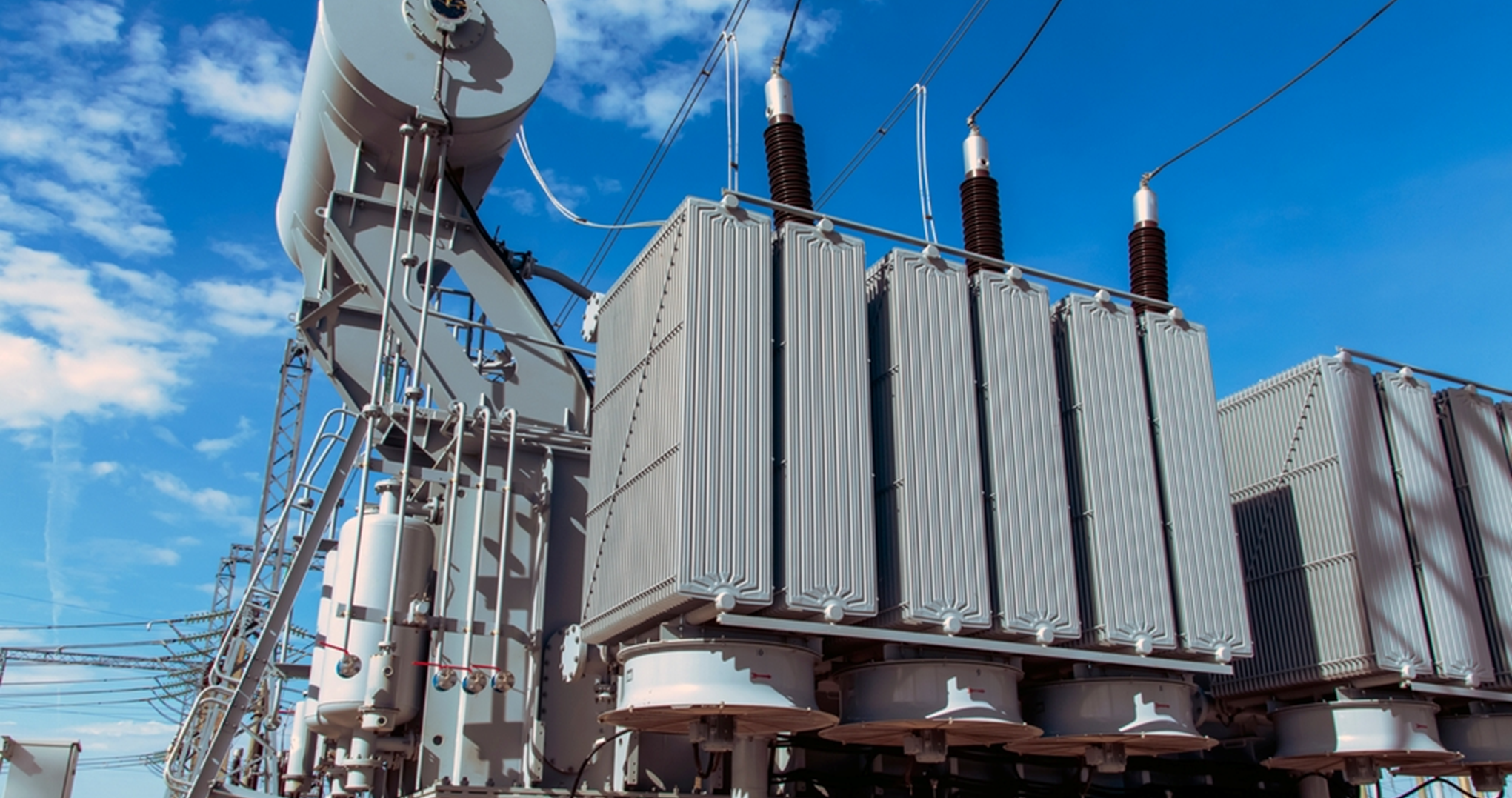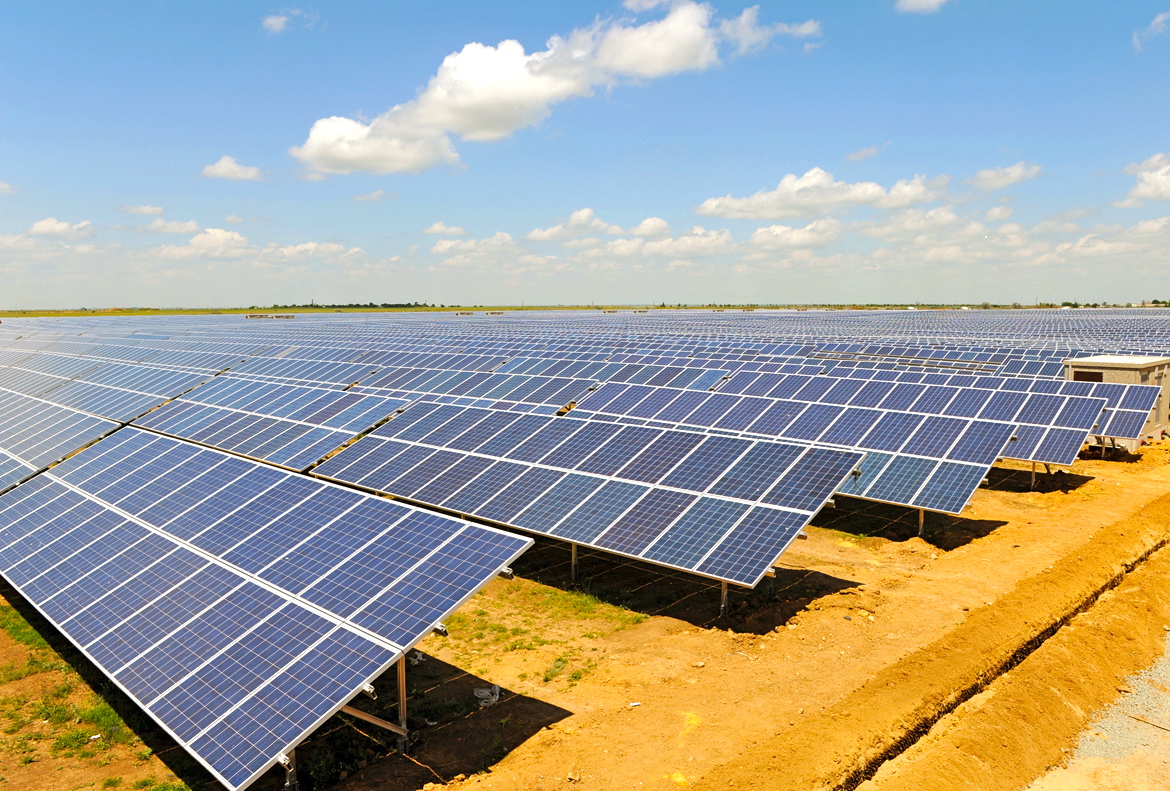Our recommendations
Last Update
26 May 2023
Why would lithium battery recycling take a centre stage in India by 2030?
EV batteries recycling is likely to garner center stage in India with push coming from EV OEMs
Globally, the electric mobility is finding greater penetration which shall see the need for electric vehicles batteries rising as well. This would lead to a massive growth in requirement of batteries which could be around 5 TWh annually by 2030 on global levels. Consecutively, the EV battery volumes reaching end-of-life would be close to 100 million in the decade and will call for recycling.
While moving from IC Engines to electric mobility is overall good for environment (deeper analysis in lithium and other crucial minerals mining is required though) but to overhaul our entire transportation new supply chain must be created and augmented. For a country like India which had until the recent findings of reserves in Jammu & Kashmir and potentially in Rajasthan was completely dependent on imports of lithium to support local battery manufacturing. Therefore, for a country like India it becomes quintessential to quickly scale an ecosystem which is resilient, stable, efficient and consistent supply chain which is sustainable as well.
Mr. Ravi Agarwal , Director, of Toxic Links says “EPR, the principle in waste management globally, can really
address both upstream as well as downstream issues of lithium – ion batteries (LIB). Introduction of an EPR based framework for LIBs and LIBs products with targets for collection and recovery can help in addressing in some of key concerns”
Factors driving EV battery recycling in India & Globally – Fact check
There are multiple factors across the globe which is likely to trigger the EV battery recycling. Foremost, are the technological progress as processes scale and mature are becoming natural enablers of higher recovery rates, lowering green-house gas emissions footprints and improving combined economics. Additionally, increasing investments in promoting R&D for enhancing recycling technologies and supply-chain stability being prioritized by OEMs who are more than willing to utilize recycled and local raw material volumes at stable prices are giving necessary push to the business case of recycling especially in a country like India. Further, a circular economy for lithium batteries is more important for a country like India which houses most polluted cities in the world.
- Communications Team
Do you want to seek Eninrac assistance in helping you resolve some critical business issues? Engage with us and reach out to our experts by using the Request for Proposal (RFP) form.
BEST VISION IS INSIGHT
Combine market knowledge and your skill to contribute value for end consumers

Transformer Sales Surge: ₹75,000 Crore Opportunity Ahead

Solar Parks Development Status in India

EU Solar Market 2024: Utility- Scale Resilience Amidst A Slumping Rooftop
Get started with
EI Market personalised demo
Complete the form to get in touch with our sales team to see our Visionboard platform in action. We'll show you how you can use eninrac to build a culture of action of consistently hunting down and eliminating poor market research expriences across your companies line of business


